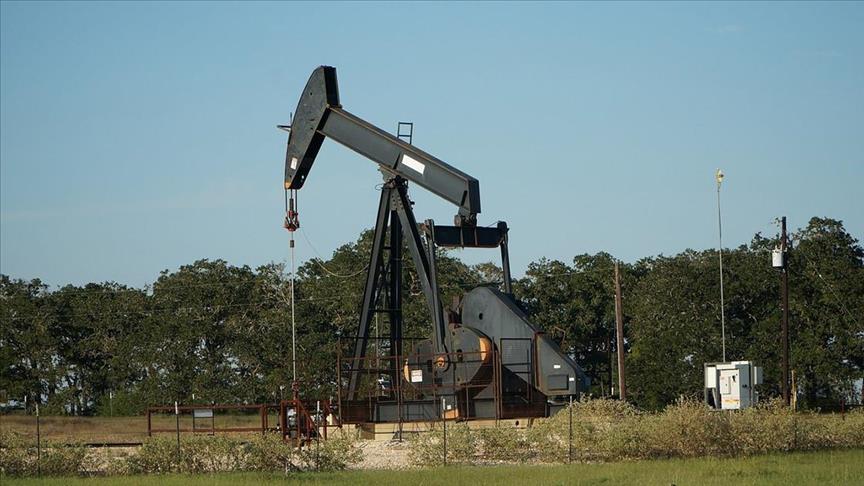Oil prices declined on Tuesday, pressured by increasing production and weaker demand data from OPEC, though losses were capped by ongoing geopolitical tensions in the Israel-Palestine and Russia-Ukraine conflicts.
International benchmark Brent crude fell 0.5% to $81.89 per barrel at 10:58 a.m. local time (0758 GMT), down from the previous session’s close of $82.30.
U.S. benchmark West Texas Intermediate (WTI) dropped 0.4% to $79.71 per barrel, after closing at $80.06 in the prior session.
Both benchmarks declined after OPEC’s latest monthly report forecasted a production increase in the second half of the year.
The report showed a 185,000 barrels per day (bpd) rise in the organization’s crude output for July, bringing total production to 26.74 million bpd. Concerns over potential oversupply weighed on prices.
Meanwhile, the global oil demand growth forecast for 2024 is revised down by 135,000 bpd, from the previous month’s assessment.
Total world oil demand is anticipated to reach 104.3 million bpd in 2024, bolstered by actual data received for the first and in some cases second quarter of this year, as well as softening expectations for China’s oil demand growth this year.
The increase in production, coupled with lowered demand forecasts, has added downward pressure on prices.
Meanwhile, uncertainty around the U.S. Federal Reserve’s potential interest rate cut in September continues to influence the market. Financial markets currently see a 57% probability of a 50 basis point reduction, though this could change with upcoming inflation data.
However, this outlook is subject to adjustment based on forthcoming inflation data, which could realign market expectations and further impact oil price dynamics.
Geopolitical tensions in the Middle East and Russia are limiting further price declines.
Ten Palestinians, including children and women, were killed in an Israeli airstrike on a residential home east of the city of Khan Younis in the southern Gaza Strip on Monday evening. Several fatalities were also reported over the day in Israeli airstrikes and bombings across the Gaza Strip, but the numbers of victims have yet to be confirmed.
Ongoing tensions in the region, home to a vast majority of global oil reserves, are heightening concerns about potential disruptions to global supply, and support upward price movements.
Moreover, the escalation of supply concerns due to the Ukraine-Russia conflict continues to lend support to crude prices.
The Russian Ministry of Defense announced on Monday that the organization of comprehensive logistical support for military personnel engaged in repelling incursions by the Ukrainian Armed Forces (UAF) in the Kursk region.
This support encompasses the provision of additional forces, equipment, and supplies crucial for ongoing operations, according to a statement from the ministry.

